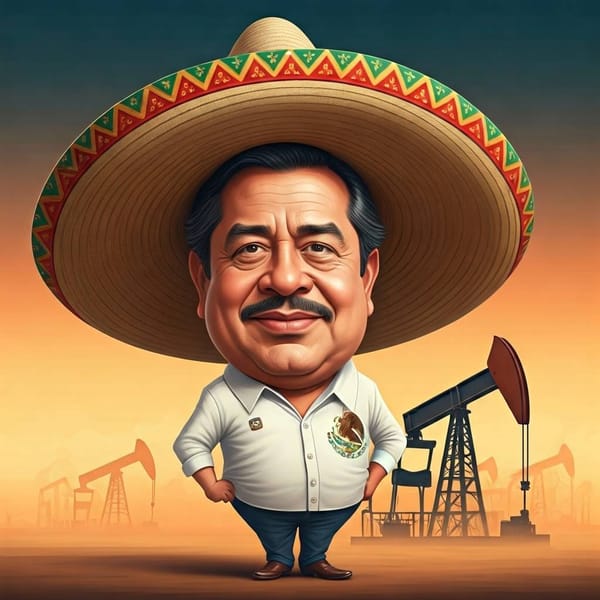How Women Leaders Are Redefining Global Statecraft
Women in politics face persistent challenges, from stereotypes to safety concerns. Despite obstacles, female leaders like Merkel, Gandhi, and Ardern have made significant impacts globally.

Globally, where less than 10% of countries are led by women, gender stereotypes continue to shape, constrain, and challenge female political leaders. From the earliest pioneers to the resilient present-day figures, women in politics have weathered layers of scrutiny and systemic barriers to achieve high office, demonstrating a distinct, transformative style of leadership that endures despite myriad obstacles.
The journey of female leaders around the world underscores a story of progress hindered by enduring biases. Unlike their male counterparts, women in positions of power are frequently subjected to judgments based on appearance, voice, and demeanor. Even in high office, their authority and leadership style are met with a level of scrutiny not typically applied to male politicians. Female heads of state, while rare, have nonetheless left an indelible impact, illustrating that leadership capacity transcends gender.




